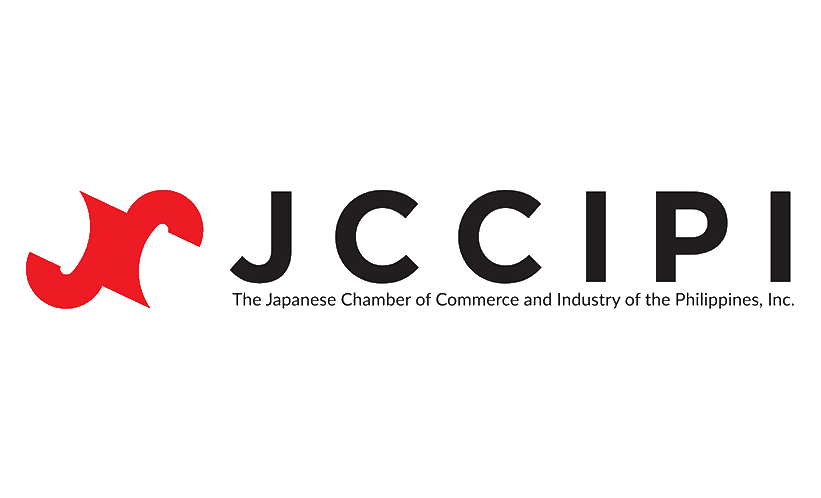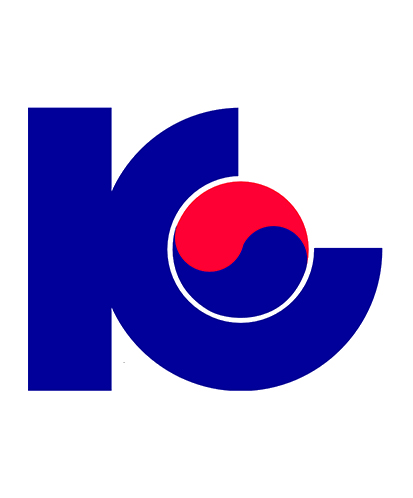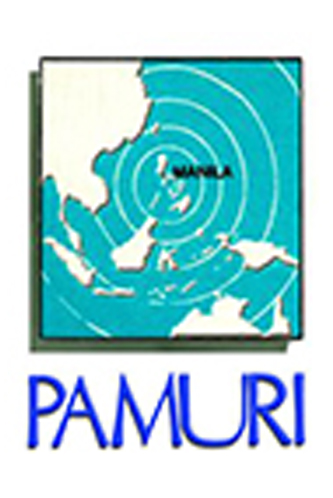PH neighbors winners in trade war
July 11, 2019 at 15:09
PH neighbors winners in trade war
Malaya Business Insight | July 10, 2019

The report cited the high quality of these countries’ workforce and competitive wages as their advantage.
“Southeast Asian economies with higher skills (will) benefit from US-China trade tensions,” JLL said.
It added: “For manufacturing companies seeking to relocate their operations from China to Southeast Asia, more developed countries with the requisite mid-tech skills such as Thailand and Malaysia could be more likely to benefit, in our view. Wages in these countries are now about 60 percent lower than in China, compared to 33 percent in 2010.”
The research found that foreign direct investments (FDIs) into the manufacturing sector in Southeast Asia have doubled over the last eight years and reached $46 billion in 2018 with Vietnam, Malaysia and Thailand experiencing the strongest growth in the last three years at 12 percent compounded annual growth rate.
The consultancy firm expects the trend to accelerate as Southeast Asia wins more manufacturers from China due to more competitive labor costs, lower trade tariffs and the large and growing consumer market in the region.
The report noted that China remains one of Southeast Asia’s largest trading partners particularly with the entry into force of the Asean -China Free Trade Area (ACFTA) in 2010 when the average tariff rates on both imports and exports of Asean goods to China were lowered to 0.1-0.6 percent.
But a decline in exports of China could reduce China’s demand for some of Southeast Asia’s exports, JLL said.
In 2017, China bought up to 14 percent of Asean’s exports; 48 percent of Southeast Asia’s exports to China are in electronics, machinery and mineral fuels and 50 percent of these are in intermediate goods.
But JLL said over the medium-term, “we think manufacturers are likely to expedite the relocation of operations to Southeast Asia, which has already started as wages in China have risen.”
The report cited a September 2018 survey of the American Chamber of Commerce in Shanghai where most of the 430-respondent-companies said they were adjusting their supply chains in response to the tariffs, seeking to source components and assembly outside of China and delaying investment decisions.
In the first four months of 2019, exports to the US from Thailand and Vietnam rose 25 to 30 percent year-on-year, potentially suggesting these could be the main recipients of relocation of production out of China.
Growth in manufacturing and industrial development in the Philippines will be driven by the availability of incentives from the Board of Investments and the Philippine Economic Zone Authority, the report noted.
These include tax holidays and special tax rates for select industries, including export manufacturing, logistics and warehousing services, and economic zone development and operation.

































